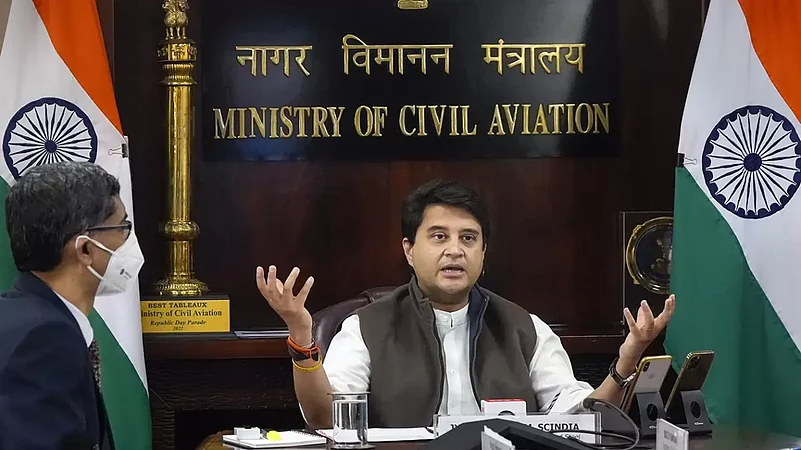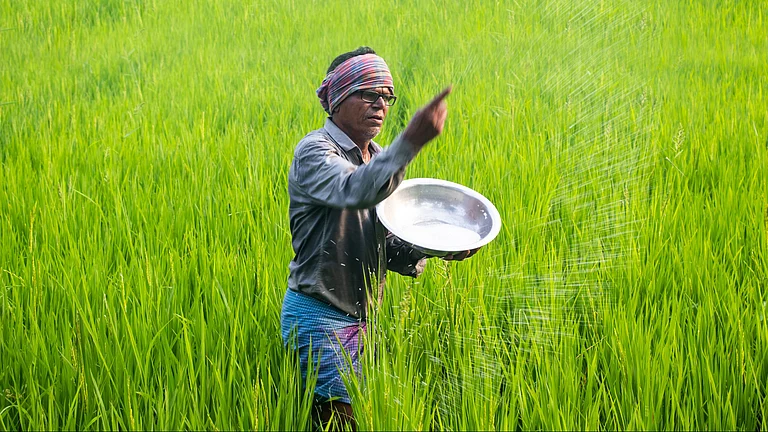Civil Aviation Minister Jyotiraditya Scindia on Thursday said all measures have been taken to address the issue of bird hits at airport areas and emphasised the need to keep areas clean.
There have been incidents of aircraft suffering bird hits mid-air as well as at the time of landing or take-off.
"As far as bird hits are concerned, we have put in place all measures at airports, which includes the bird dispeller, sound guns and other methodologies that will keep birds away from airport areas," the minister said.
While briefing reporters here about the initiatives taken by the government over the last nearly nine years for wildlife conservation, Scindia also mentioned the Swachh Bharat initiative in the context of bird hits.
"...why do birds come to certain places, especially airports. It is not because they make their homes there but more because the fact that they are attracted to some objects in that area.
Therefore, to keep areas clean and make sure that birds do not cluster around areas of transportation through which there may be a threat to airlines, it is very important for us," he said.
Aviation regulator DGCA has put in place regulations and guidelines for the management of potential wildlife hazards at licensed airports to ensure the safety of air operations.
Rule 91 of The Aircraft Rule 1937 prohibits the dumping of garbage and slaughter of animals that may attract wildlife within 10 kilometres of Aerodrome Reference Point.
Also, aerodrome operators are required to implement an effective wildlife control mechanism for the respective aerodrome to control wildlife strikes.
They are also required to identify, manage and mitigate the risk of aircraft operations posed by wildlife by adopting measures likely to minimise the risk of collision between wildlife and aircraft.































